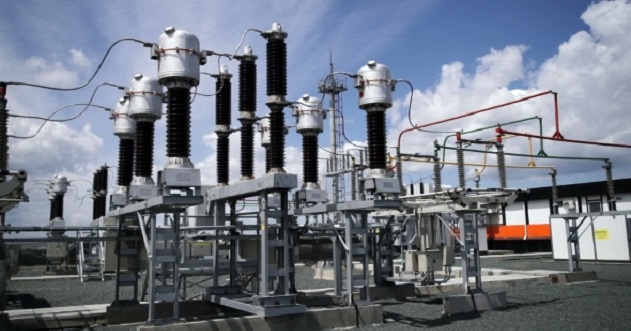News
NBS report reveals Nigeria’s energy crisis as 53.6% of households lack access to electricity

A recent report by the National Bureau of Statistics (NBS) has revealed that Nigerian households experience electricity blackouts an average of 6.4 times weekly.
The report, which was conducted in collaboration with the World Bank, surveyed 4,715 households across Nigeria and highlighted significant challenges in energy access, particularly in rural areas where electricity infrastructure remains sparse.
According to the report, power outages are a nationwide issue, with minimal variations between urban and rural households. “Each outage lasts 12.0 hours on average, leading to a total 67.2 hours of blackouts over seven days,” the report reads.
The report also noted that there are no significant differences between urban and rural households in terms of the frequency and duration of power outages. “Urban areas face an average of 6.4 blackouts per week, each lasting about 12.0 hours. Similarly, rural households experience frequent blackouts, averaging 6.9 occurrences per week, with each lasting approximately 12.1 hours,” the report stated.
However, the report highlighted significant disparities in electricity access and supply reliability across different regions of the country. “Southern zones report longer duration of typical blackouts (more than 12 hours) while northern zones report shorter blackouts (less than 11 hours),” the report noted.
READ ALSO: Domestic airfare in Nigeria jumps to N124,693 from N79k in one year – NBS
The report also revealed that about 53.6 percent of Nigerian households report having access to electricity, with urban households enjoying significantly higher access at 82.2 percent compared to 40.4 percent in rural areas.
“Approximately one in two Nigerian households reports having access to electricity. The national average is 53.6 per cent, with a remarkable contrast between urban (82.2 per cent) and rural households (40.4 per cent),” the report added.
The report also highlighted the dominance of the Power Holding Company of Nigeria/Nigerian Electric Power Authority (PHCN/NEPA) as the primary source of electricity nationwide, with an average coverage of 88.2 percent of households with access to electricity.
Alternative sources of electricity, such as generators, solar home systems, and local mini-grids, account for a marginal share of the energy supply landscape, according to the report.
Join the conversation
Support Ripples Nigeria, hold up solutions journalism
Balanced, fearless journalism driven by data comes at huge financial costs.
As a media platform, we hold leadership accountable and will not trade the right to press freedom and free speech for a piece of cake.
If you like what we do, and are ready to uphold solutions journalism, kindly donate to the Ripples Nigeria cause.
Your support would help to ensure that citizens and institutions continue to have free access to credible and reliable information for societal development.




























